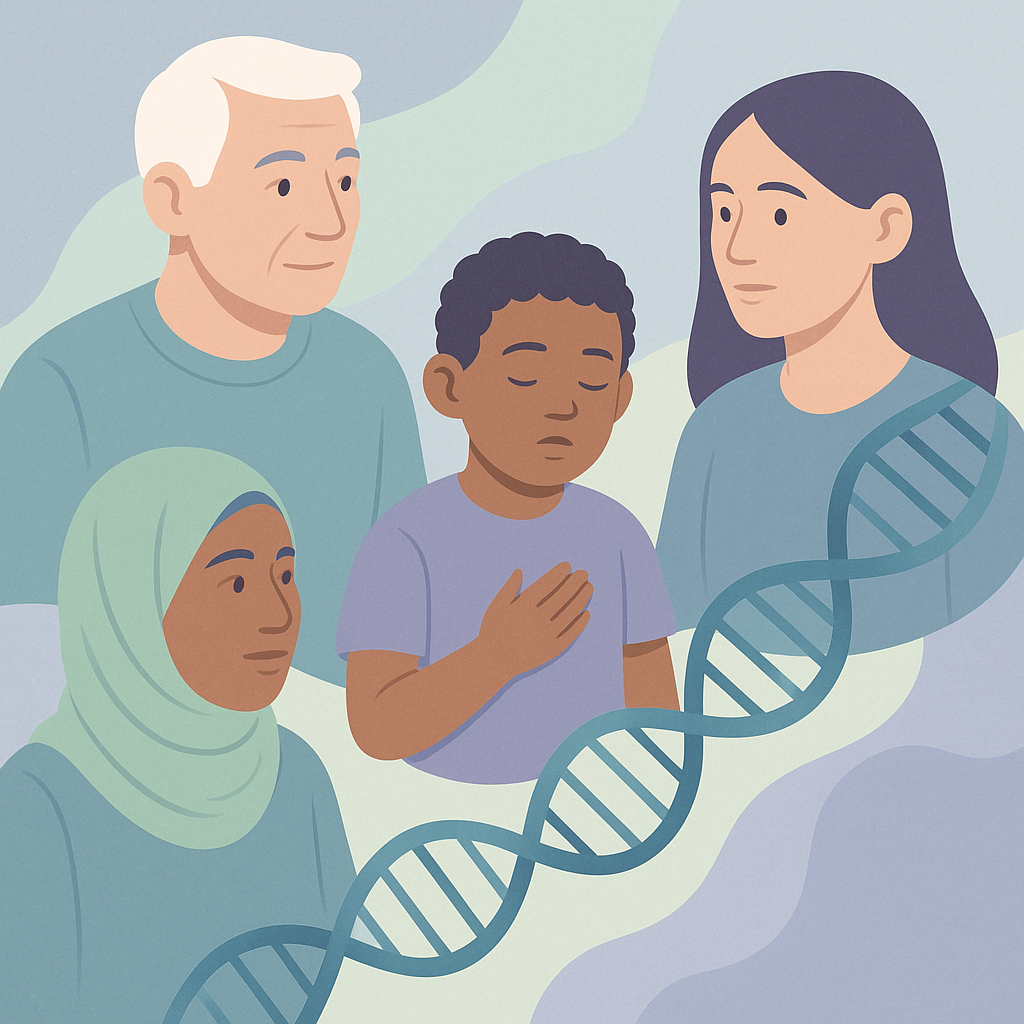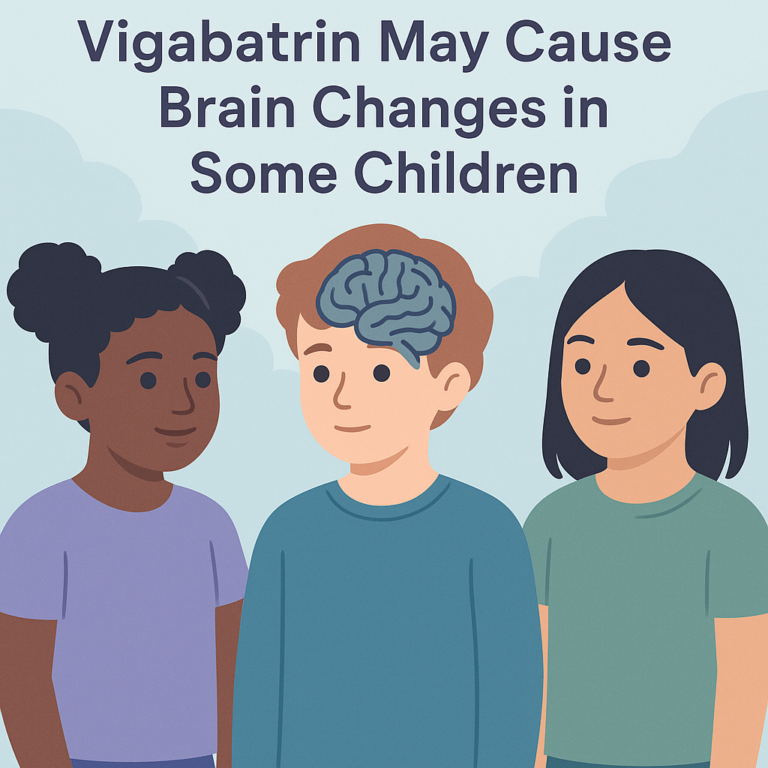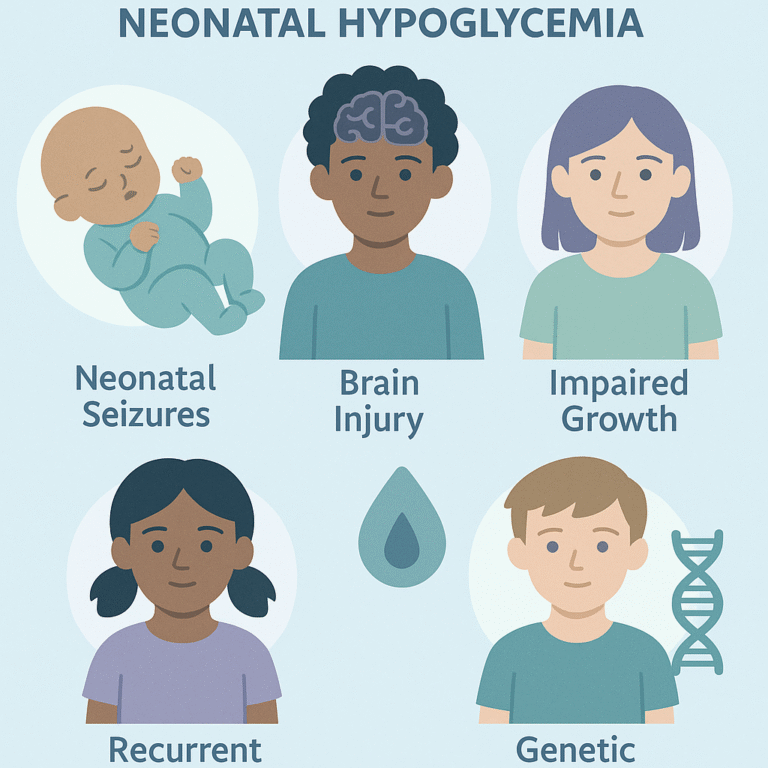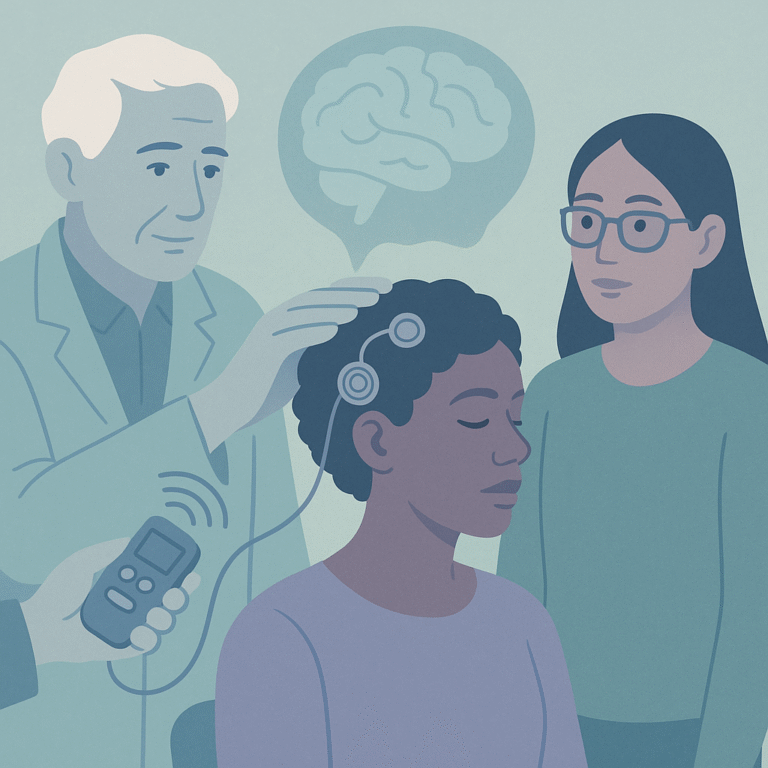New Genetic Link Found for Developmental Epileptic Encephalopathies
⚠️ Infant dosing/safety: medication and diet decisions for infants require individualized medical guidance.
Source: Epilepsia
Summary
Researchers studied a gene called BAIAP2 to understand its role in developmental and epileptic encephalopathies (DEEs), which are severe forms of epilepsy that can affect a child's development. They looked at six patients who had these conditions and used advanced genetic testing methods to identify changes in the BAIAP2 gene. The study involved various experiments, including testing how these gene changes affected cells and neurons.
The key findings showed that all six patients had severe epilepsy that started in infancy or early childhood, with some experiencing seizures that were hard to control. They also faced delays in language and motor skills, along with different levels of intellectual disability. The researchers found that the changes in the BAIAP2 gene likely disrupted its normal function, leading to increased activity in neurons and affecting how brain cells connect and communicate.
This research is important because it identifies a new genetic cause of DEEs, which can help doctors better understand and potentially treat these conditions. However, the study has limitations, such as the small number of patients, which means more research is needed to confirm these findings and explore their implications further. Understanding these genetic factors can lead to better support and interventions for affected individuals and their families.
Free: Seizure First Aid Quick Guide (PDF)
Plus one plain-language weekly digest of new epilepsy research.
Unsubscribe anytime. No medical advice.





